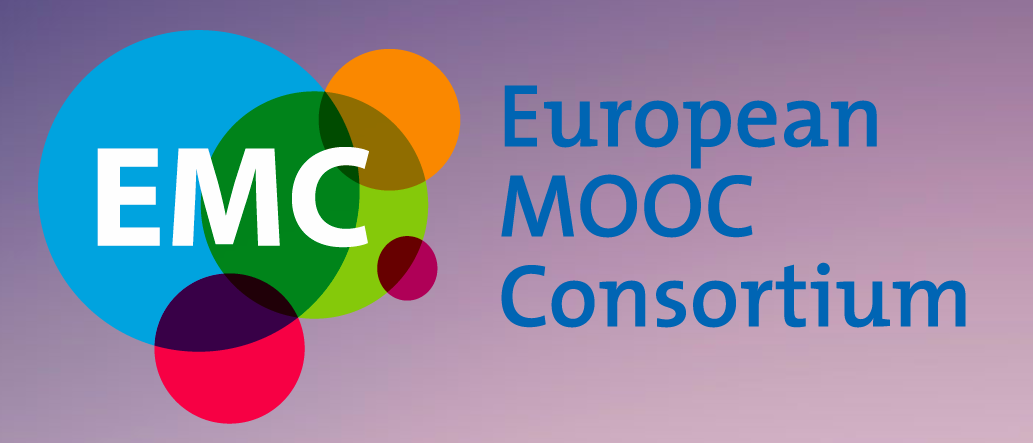Toni – who is the NUS Vice President (Further Education) – reported on 22 focus groups comprising 185 students which explored online use of OER. While many students made use of OER, it was much more common for them to be used when they were endorsed or required by their teachers. Students focused on making existing learning opportunities more accessible through, for example, making recorded lectures available online. The primary reason for using OER was for home access to education, followed by revision or exam preparation. Older students were more likely to use OER as a basis for networking and making connections.
While students are more likely to be more competent with technology than their teachers, it’s still important to remember that simple interfaces are the most widely used. More thought is needed about how OER enter learning: students report that the look of a resource is a big factor with respect to uptake and resources need to be professional.
In a traditional university, one can browse library shelves but there is no equivalent for the Dewey classification system online. We need to encourage and make use of new ways of discovering and sharing knowledge. Students often share with peers through social networks (which are more intuitive to use) rather than virtual learning environments. A lot of university provision feels distinctly Web 1.0.
The vast majority of MOOC participants are already in possession of a higher education qualification… can we really be sure that MOOCs are widening participation? Technology might be thought of as isolating individuals at the same time as making an incredible wealth of resources available. We need to ensure that students are able to engage with others about their learning experiences since there is little doubt that this is what students want. (Many OU students around the country meet up for no other reason than they are sharing a studying experience.) We can make systems ‘better’ (faster, cheaper, etc.) but also need to recognise that students want a face-to-face learning experience. There is a danger that a a two-track system will emerge with some students able to indulge in a high-end and personalised degree with lots of personal support while others follow a lesser track of access to information through technology but which they pursue on an individual basis.





[…] has already created a lot of interest, and you can read full reports from Lorna Campbell and OER Research Hub online already. Chris’ article focused on Toni’s assertion that students were willing […]